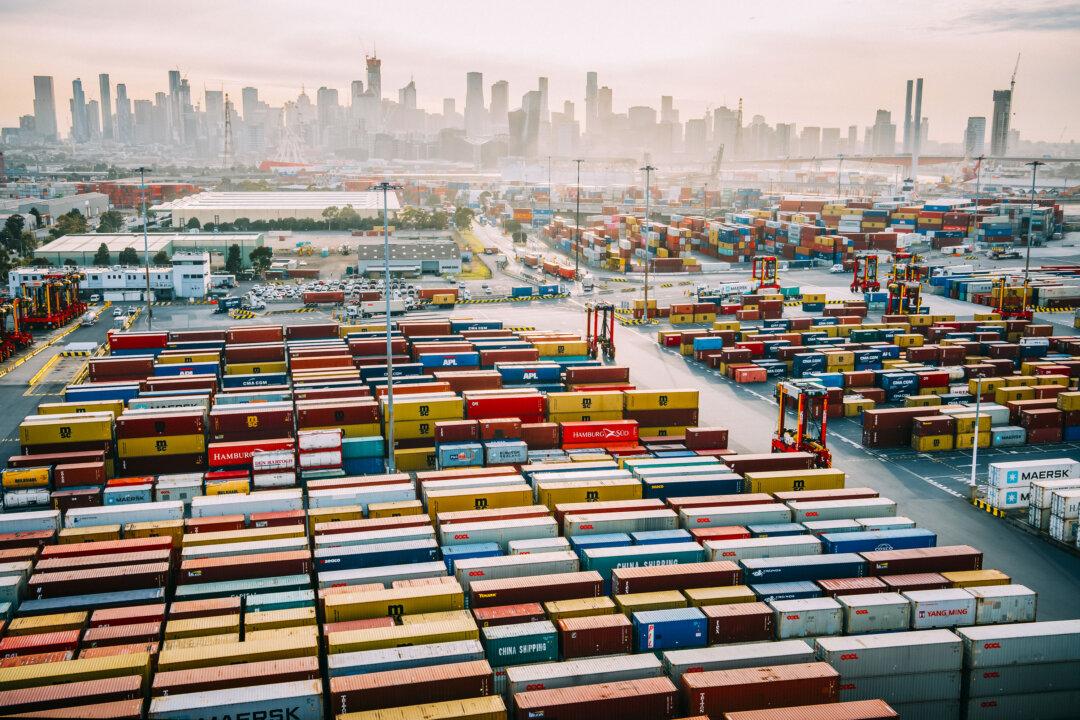Container terminal operator Patrick Terminals has lodged its application to the Fair Work Commission in a bid to stop the ongoing industrial actions occurring in four of its ports.
Patrick, which handles around 40 percent of the nation’s container freight at its Sydney, Melbourne, Brisbane, and Perth ports, applied to terminate Maritime Union of Australia’s (MUA) ongoing industrial action on the grounds of threatening to cause significant damage to the Australian economy.





